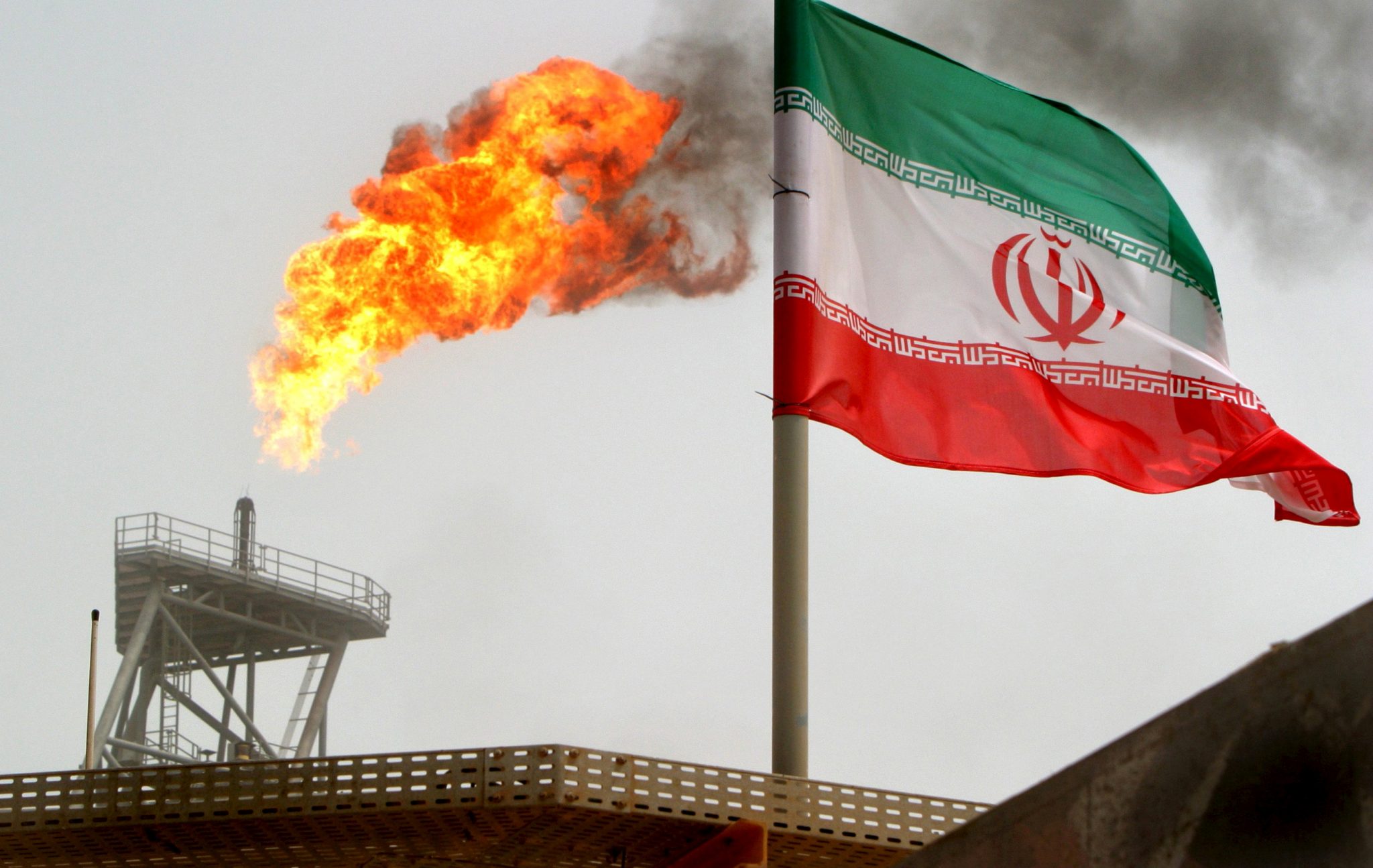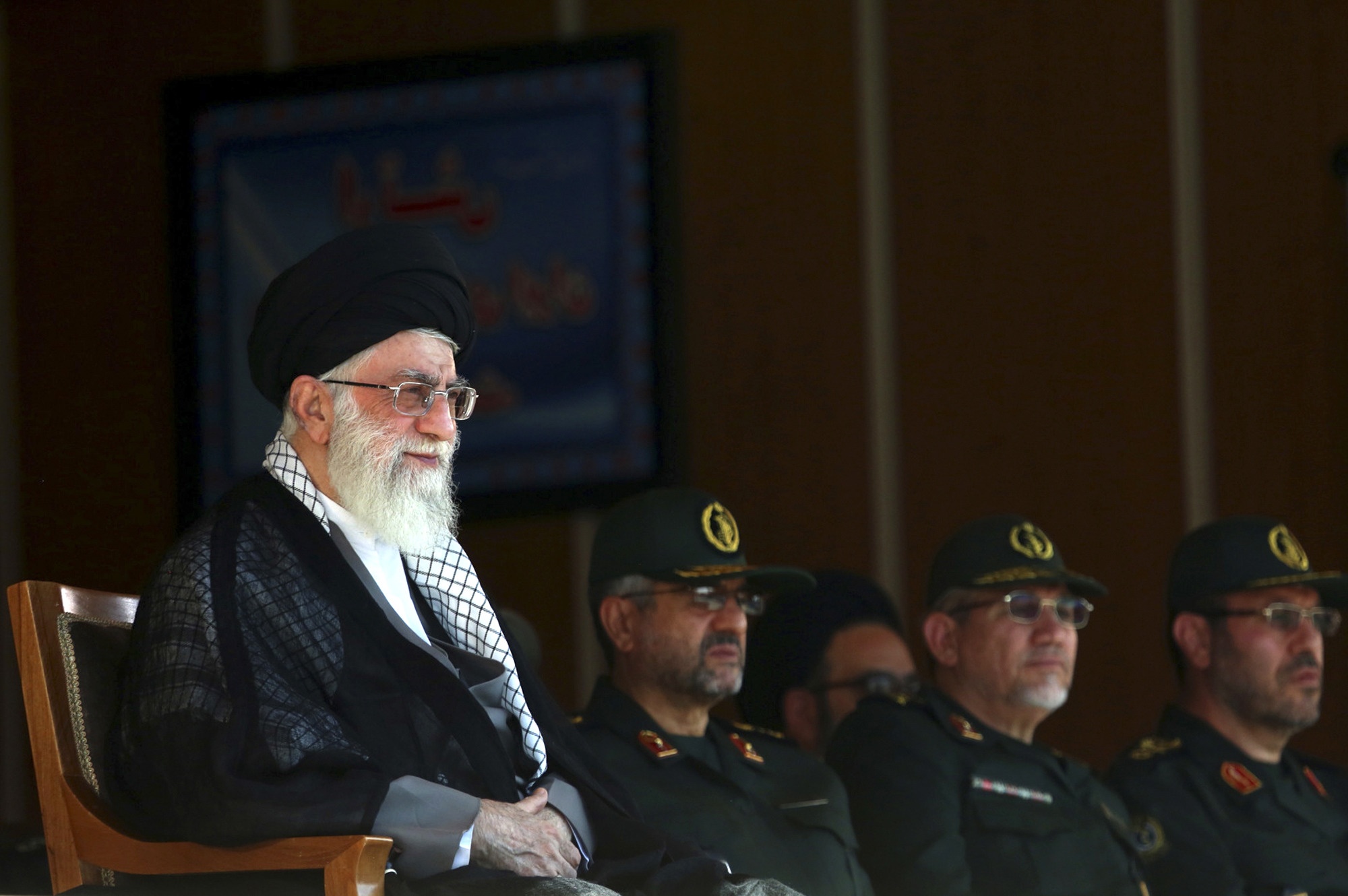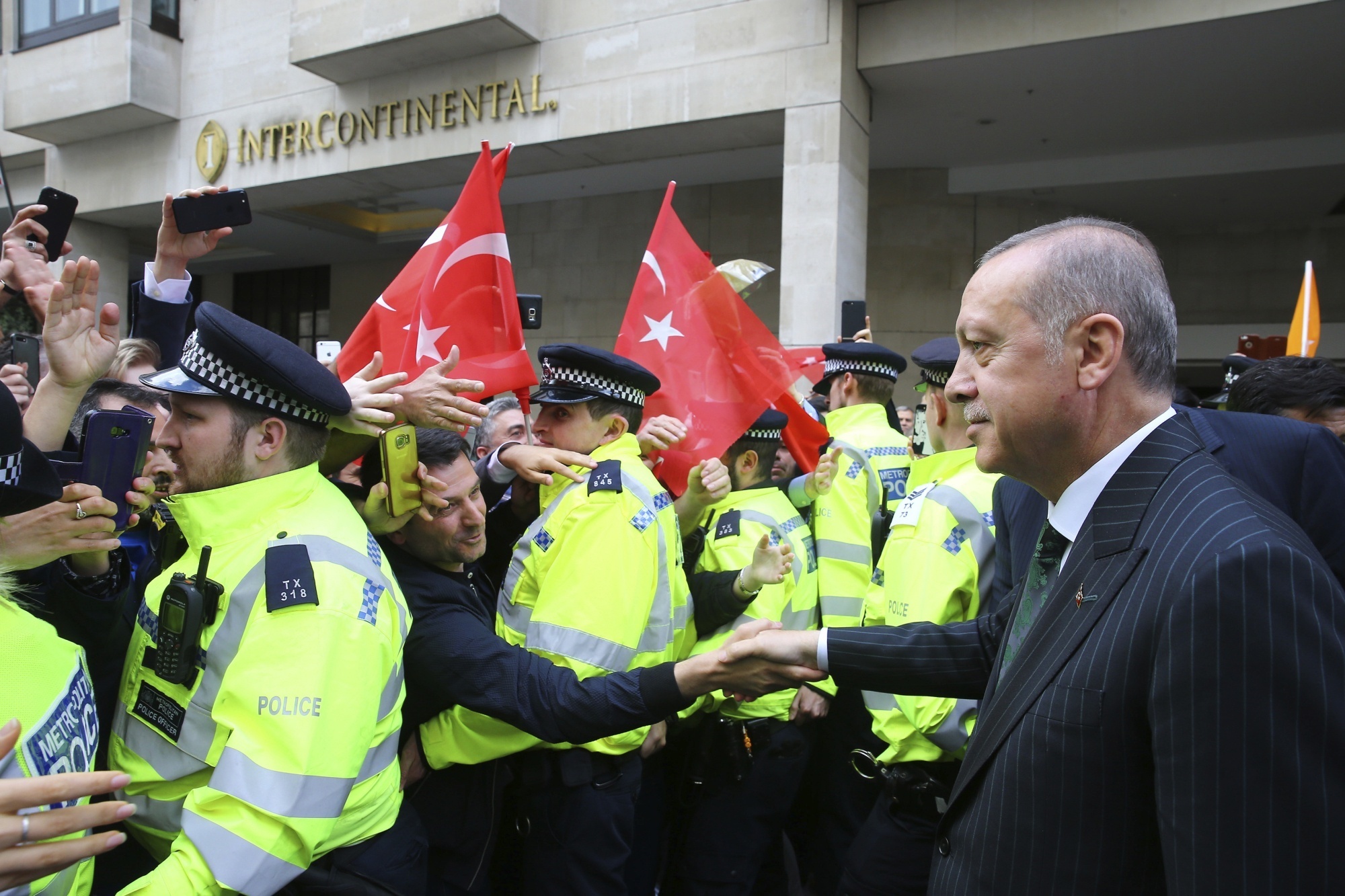
The sheer fact that Iran, sitting on the world’s 2nd largest natural gas reserves, second only to Russia, is forced to import up to 10 billion cubic meters of natural gas each year from Turkmenistan, its northern neighbor, sheds interesting light on the regime’s true economic status. This comes at a time when many European countries have weighed increasing economic relations with Iran.
Recent reports indicate Turkmenistan brought its gas exports to Iran to a halt amidst rising tension and row over debt payments Ashgabat has been demanding from Tehran. Iran has violated previous payment terms, forcing Turkmenistan to make such a decision. Talks on the matter showed no positive forecast and Iran continues to owe at least $1.8 billion for purchasing Turkmen gas supplied back in 2007 and 2008. Tehran claims the amount ranges between $600 million to $1.5 billion.
Iranian state media reported Tehran reaching a five year deal and coming to terms to discuss the debt through the course of coming months. Their counterparts in Ashgabat have yet to confirm, however.
The main issue at hand is why is Iran, with such enormous natural gas reserves, even importing such gas from another country? If Iran is producing 700 million cubic meters of gas each day, is it not actually embarrassing to import natural gas for domestic consumption? What happened to the economic boom promised following the highly fanned, yet flawed, nuclear deal sealed between the P5+1 and Iran?
Freezing winter cold conditions years before led to reports of “severe shortages across 20 Iranian province, forcing the country to raise gas imports from it northeastern neighbor…” But why? Why wasn’t, and still isn’t, Iran’s natural gas infrastructure able to provide necessary service for all households?
With such an abundant God-given supply in reserves Iran should be providing state-sponsored gas service, parallel to exporting natural gas abroad. However, lack of funds have maintained Iran’s domestic gas distribution network unable to link its southern gas-rich regions to the country’s north.
If Tehran actually sought to resolve this dilemma, the billions in assets unfrozen following the boasted Iran nuclear agreement, known as the Joint Comprehensive Plan of Action, could have easily provided for this and other much needed domestic needs to actually benefit the Iranian people.
Unfortunately, Iran is known to waste billions in pursuing its warmongering policies across the Middle East, from its involvement in Syria, Iraq, Yemen and Lebanon.
Syrian dictator Bashar Assad relies on billions of dollars and tens of thousands of Revolutionary Guards and Shiite proxy foot-soldiers to remain in power, while massacring more and more innocent Syrians.
Shiite militias in Iraq enjoy vast support from Iran in their so-called fight against Daesh (ISIS/ISIL), while launching horrific cleansing campaigns against the Sunni minority population. Shiite Houthisand the Lebanese Hezbollah also continue to receive large supplies of arms and financial support from Tehran, further destabilizing the entire Middle East.
This spike in sectarian warfare has in fact increased Daesh’s recruitment efficiency, as it continues to wreak havoc with attacks in various European cities and beyond.
Such measures, alongside political reservations over future U.S.-Iran relations under a new administration after January 20th, are reasons why many firms remain highly suspicious of investing in Iran.
UK-oil giant British Petroleum “has opted out of the first wave of agreements to develop oil and gas reserves in Iran after the lifting of international sanctions,” the Financial Times reported. This is despite the fact that BP enjoys “corporate roots in the Anglo-Persian Oil Company responsible for the first Iranian oil discovery in 1908,” and yet “is taking a more cautious approach ahead of a Donald Trump presidency which threatens renewed diplomatic tensions with Tehran.”
Unfortunately, as U.S. Secretary of State John Kerry predicted himself, the money released following sanctions reliefs is being allocated to Iran-backed terrorist groups and other malevolent objectives. To this end, it is quite obvious why the Iranian people will continue to suffer and never actually enjoy any benefit from the nuclear pact windfall of released billions.
The higher interest of the Iranian people lies in preventing the regime from continuing its meddling across the Middle East.
“The regime in Tehran is the source of crisis in the region and killings in Syria; it has played the greatest role in the expansion and continuation of ISIS. Peace and tranquility in the region can only be achieved by evicting this regime from the region,” said Maryam Rajavi, President of the Iranian opposition National Council of Resistance of Iran.
The international community, and very specifically the European Union, should also end its appeasement policy that has provided billions in cash and gold to Iran. Such money cannot be traced and Iran easily allocates these funds for evil purposes. Any and all assets unfrozen for Iran must be guaranteed to directly benefit the Iranian people.
Heshmat Alavi is a political and rights activist. His writing focuses on Iran, ranging from human rights violations, social crackdown, the regime’s support for terrorism and meddling in foreign countries, and the controversial nuclear program.
He tweets at @HeshmatAlavi & blogs at IranCommentary



